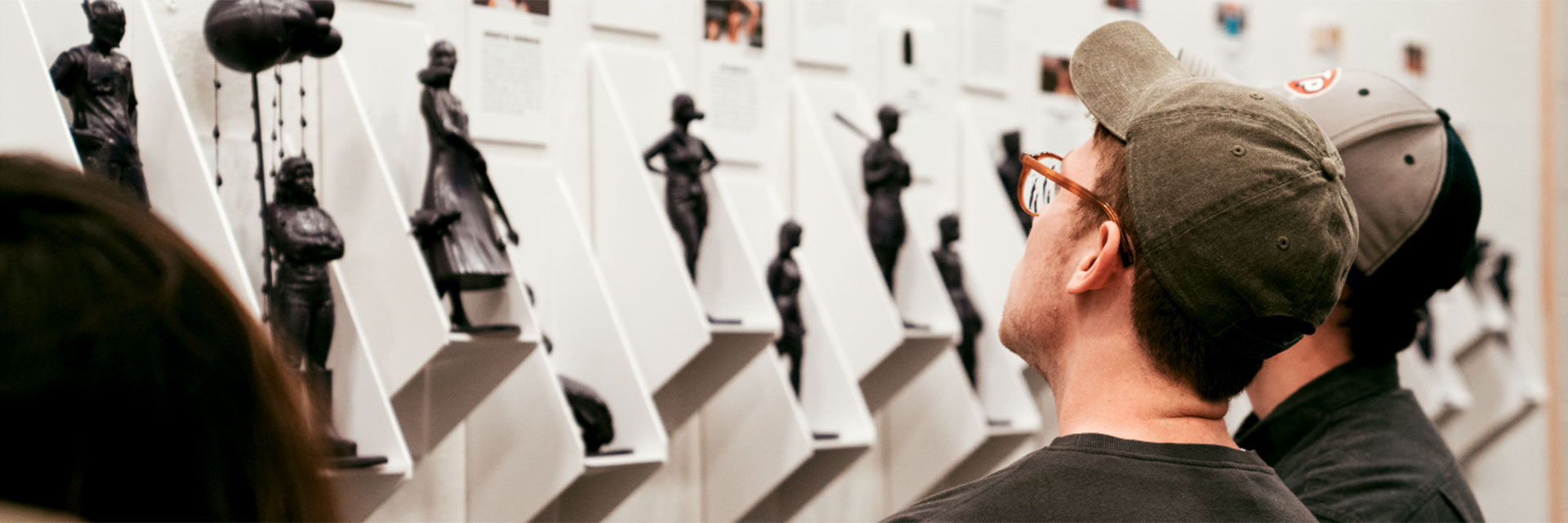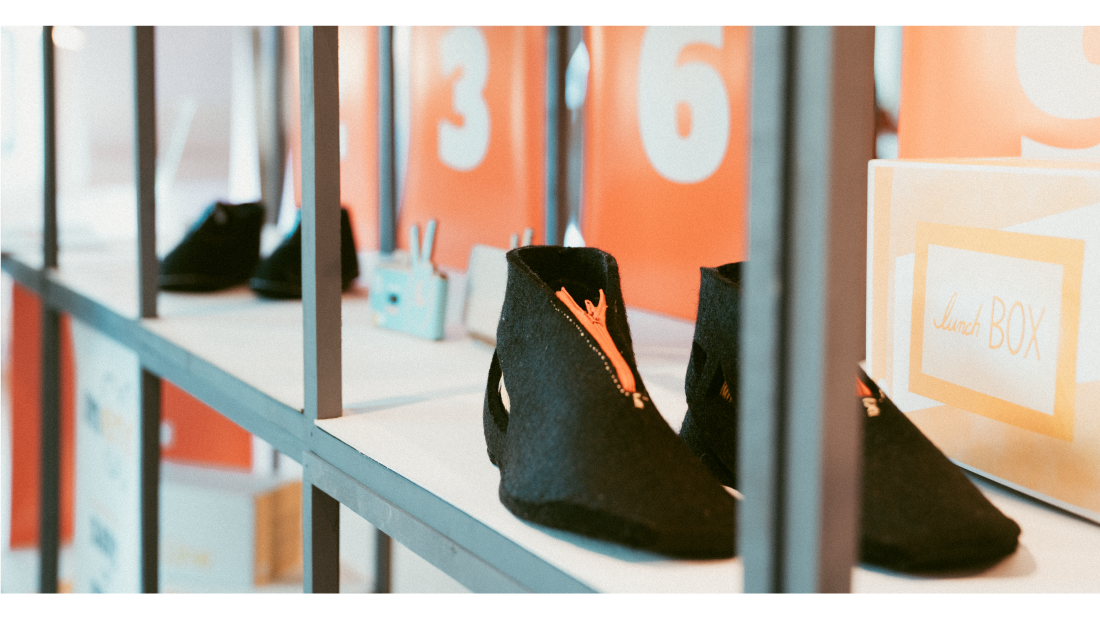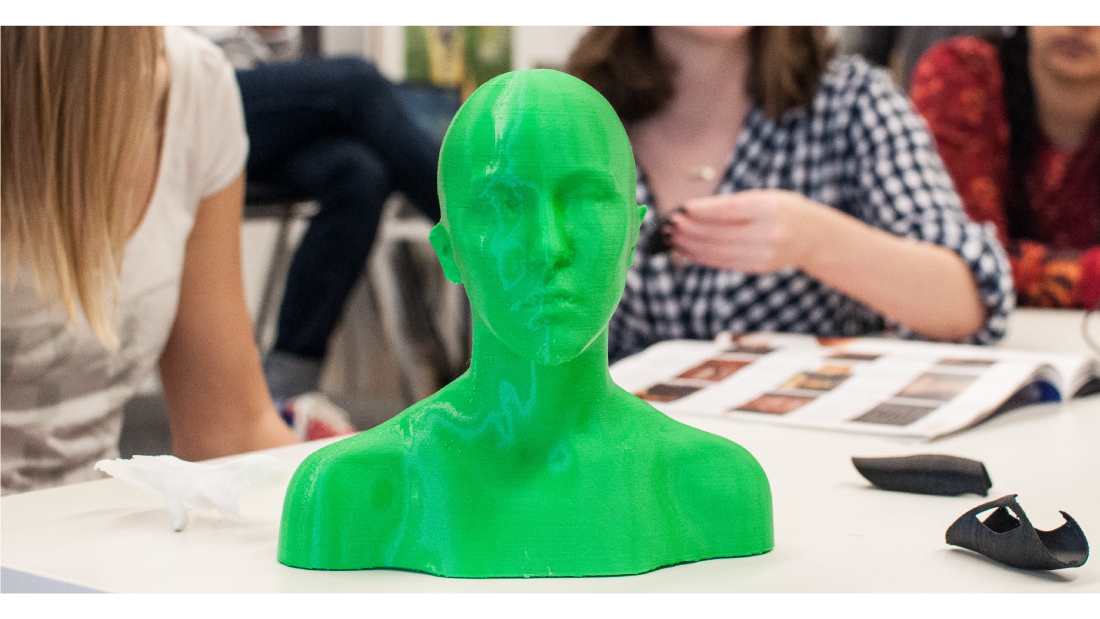
Design Innovates Across Industries
Our programs are recognized as Human-Centered Technology Design STEM degrees.
Industrial Design at Georgia Tech represents an optimistic vision of the future, transforming challenges into prospects for innovation. It serves as a nexus, connecting innovation, technology, research, commerce, and customer needs, thereby creating new value and competitive edge in diverse spheres including economy, society, and environment.
Our approach is human-centered. Our industrial designers are trained to deeply understand and empathize with user needs, adopting a practical, user-centric methodology to design not just products, but comprehensive systems, services, and experiences. Their role is crucial in the innovation process, acting as strategic partners who effectively bridge various professional disciplines and business goals.




